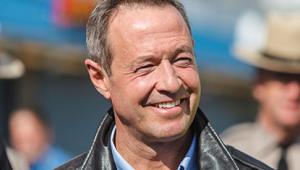The financing will be used to plug a gap in the bank’s existing Health Sector Development Programme, which supports the Bangladeshi government’s health initiatives.
With the programme due to close at the end of 2016, a shortfall has been identified that the World Bank says was due to “higher than planned disbursements linked to accelerated achievement of results,” exchange rate fluctuations and lower levels of co-financing “compared with original commitments”.
According to a statement, the extra funding will help the government address health sector challenges including sustaining immunisation coverage, improving deliveries for pregnant women at public health facilities, and tackling multi-drug resistent tuberculosis.
The ongoing programme aims to help Bangladesh improve public financial management and reap more value from its public spending on health.
To this end, the initiative is supporting the development of a robust health information system, including a web-based complaint-handling mechanism, which will be a first for the country.
Qimiao Fan, World Bank country director for Bangladesh, Bhutan and Nepal, said: “Bangladesh’s progress in improving health outcomes is remarkable. The country is globally recognised for improving maternal and child health and family planning.”
But he pointed to the lack of healthcare provision as being a major hurdle to improved economic performance: “Many Bangladeshis struggle to access quality health services, costing the economy millions of dollars in days lost due to poor health.”
According to the World Bank, the existing development programme and its predecessors have contributed to a 40% reduction in maternal mortality since 2010.
Bangladesh has reduced child mortality among under-fives by 29% between 2007 and 2014. During the same period, births attended by a medically trained professional increased by 21% to 42%.
The extra funding will, according to the statement, disburse funds against the achievements of agreed results corresponding to existing challenges and priority areas.
Bushra Alam, the World Bank task leader for the project, said this funding model would “pave the way for more results-based interventions in the future.”













